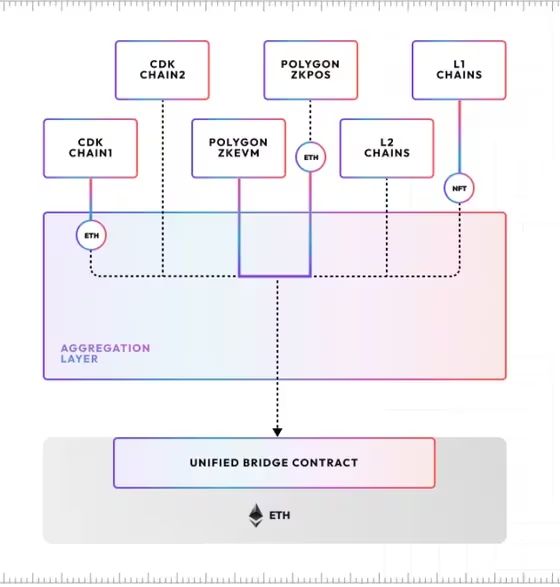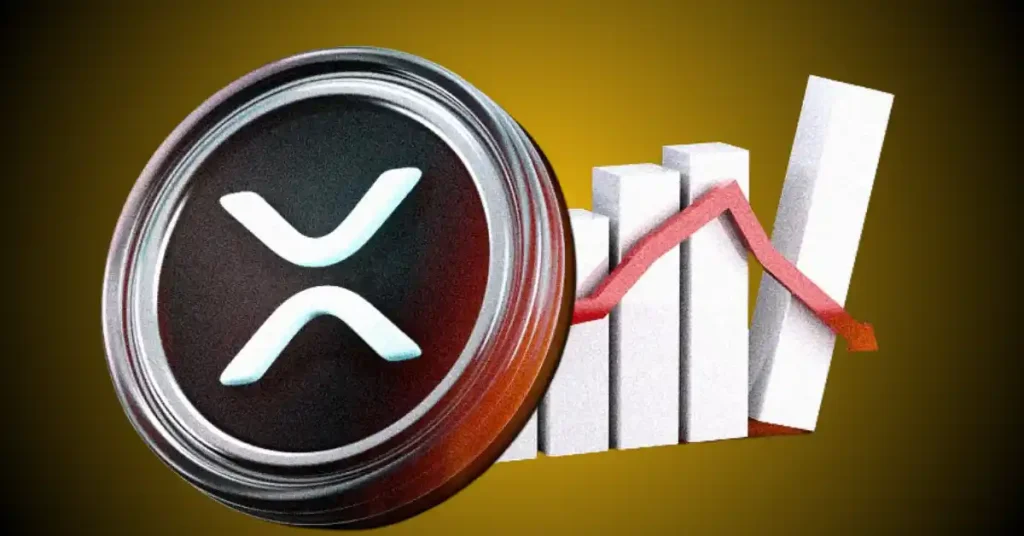
Polygon Labs, the company behind scaling solutions for the Ethereum blockchain, has launched a new The company revealed its plans for “AggLayer,” an “aggregation layer.”
Integrating monolithic and modular
AggLayer, scheduled to launch next month, is based on zero-knowledge proofs, a type of cryptography that Polygon Labs hopes will be at the core of supporting future blockchain architectures.
Aggregation “uses zero-knowledge techniques to synthesize the benefits of both integrated (monolithic) and modular architectures,” according to a blog post on Monday.
So-called “monolithic” blockchains, such as the Ethereum blockchain, are vertically integrated, with transaction execution, security, and data storage capabilities all built-in. But developers are increasingly turning to “modular” designs, where networks can connect different components and providers to provide different functionality.
AggLayer’s goal is to bring it all together.
The blog post says, “Developers can connect any Layer 1 or Layer 2 chain to AggLayer to create a Web3 network that feels like a single chain with unified liquidity and virtually unlimited scalability.” It is said that


According to Polygon Labs, the idea was inspired by the shortcomings of modular and monolithic blockchains. AggLayer allows users to utilize zero-knowledge proofs to purchase NFTs on another chain or transfer assets to participate in activities on other chains without the need to bridge funds.
Polygon Labs says, “Aggregation provides the unified fluidity and UX (user experience) of a monolithic system, along with the sovereignty and scaling of a modular architecture, synthesizing these two approaches into something new.” It is said that
|Translation and editing: Rinan Hayashi
|Image: Polygon
|Original text: Polygon Plans ‘AggLayer,’ in Bid to Synthesize Modular, Monolithic Blockchains
The post Polygon plans “AggLayer”—aims to synthesize modular and monolithic blockchain | CoinDesk JAPAN appeared first on Our Bitcoin News.

 1 year ago
81
1 year ago
81














 English (US) ·
English (US) ·